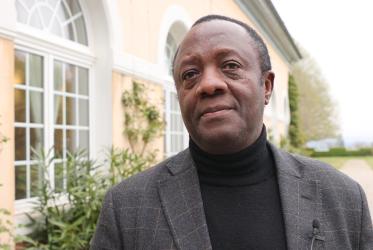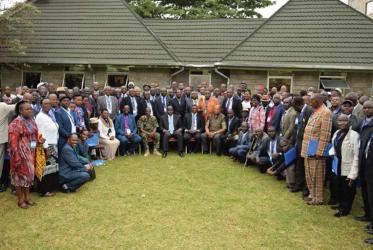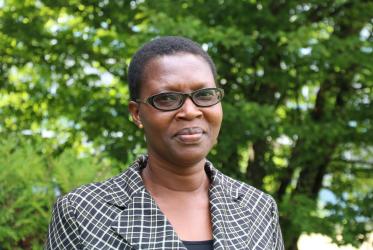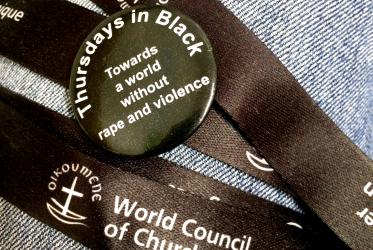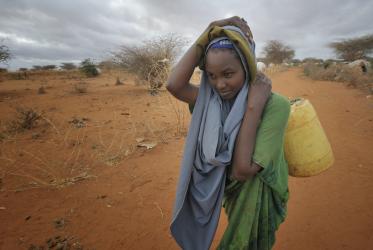Displaying 1 - 20 of 22
WCC leaders recall life-changing experiences from early days
10 February 2022
Romani people seek “lives of decency, dignity, and justice”
27 September 2018
Konrad Raiser shares ecumenical journey of transformation
06 February 2018
“Called to be a good neighbor”
14 October 2017
Ahead of Kenya elections, concerns about peace emerge
03 August 2017
A communicator on the move
10 July 2017
WCC urges responsibility for and support to the refugees in Europe
04 September 2015
